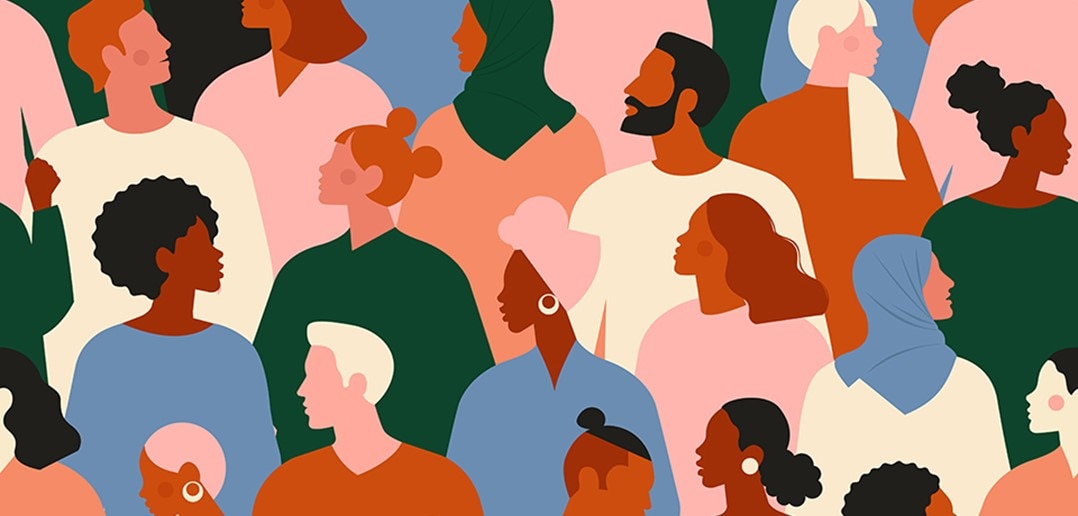Subtle acts of exclusion, or ‘microaggressions’, are remarks, questions, or actions that are painful because they relate to a person’s membership of a group that’s subject to stereotypes or discriminated against.
They are more than just insults or insensitive comments. Whether it’s a comment about someone’s appearance, language skills, hair, or role, it has an ‘othering’ effect. What makes these acts so disconcerting is that they happen frequently and casually in everyday life.
- Examples of microaggressions
- Race/ethnicity: ‘Where are you from, your English is great?’ – Assuming that a person who is Black, Asian or minority ethnic isn’t British or isn’t from the UK.
Gender: ‘Women are too emotional’ – implying that someone is being too emotional in a situation where a man would be seen as being more objective.
Sexual orientation: ‘That’s so gay’, meaning something is bad or undesirable, and signalling that being gay is associated with negative and undesirable characteristics.
Disability: ‘You don’t look disabled’, implying that someone with a disability must look or behave a certain way.
A subtle act of exclusion might be intentional or unconscious. Regardless of how they are meant, it’s important to recognise that intent (or the lack of intent) to cause offense, doesn’t negate their impact.
We’re all human beings who are prone to mistakes, and we’re all human beings who might commit microaggressions. We can therefore all become more aware of or biases and their impact on others.
Share your experiences with the REACH network
This week, REACH have launched an initiative to capture everyday experiences of microaggressions on an anonymous and informal basis. This can be from any aspect of your life and no identifying information will be captured or requested.
If you would like to share your experience, either as someone directly impacted by a subtle act of exclusion, or as an observer of this behaviour, click here.
Please respond by 12 July 2023. We are also keen to hear of good experiences where people have felt supported and seen, so we can leverage this to build best practice.
Please note: This is an awareness initiative on behalf of REACH, and not a formal reporting procedure. Should you need to make a formal report, please visit the Speak up pages on The Insider on further guidance.
“Having spent time with the REACH network, I’ve realised how microaggressions can be perceived and the often, unintended impact they have. We all have a role to play in better understanding the impact of our words and our actions, however innocent we may think they are.
By committing to learn more about microaggressions and speaking up when we see or hear examples of them, we can all help to create a space where people feel supported and seen. Thank you for supporting the REACH network with this important initiative.”
James Chedgey, Chief Financial Officer & REACH Network Executive Sponsor
Here at Carnival UK, we believe in creating a safe and inclusive work environment, where everyone can have a voice. To support this ambition, it’s important for us to:
- acknowledge that these subtle acts of exclusion do happen
- create safe spaces to voice and share experiences and;
- collectively commit to working on these things in order move us forward in being the great company we aspire to be.
REACH, our newest employee led network, is about elevating and uplifting colleagues from different racial, ethnic and cultural heritage backgrounds. REACH welcomes anyone who supports our aims and is interested in gaining a greater understanding of issues related to ethnicity and cultural heritage. Find out more here.

